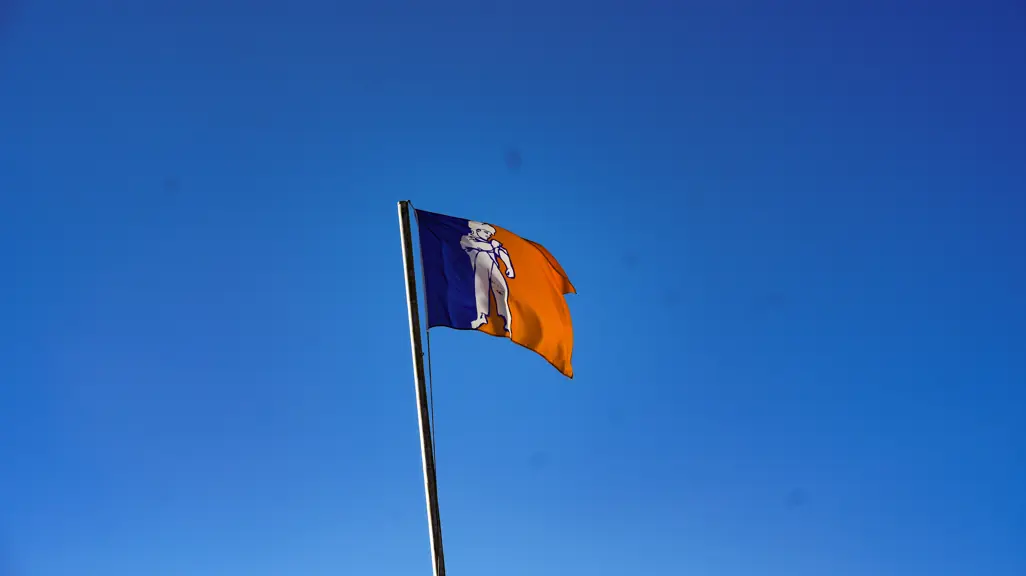The Orania Movement has expressed appreciation for United States President Donald Trump’s recent stance on the Afrikaner community, particularly his sympathy towards those affected by South Africa’s controversial land expropriation policies. Trump’s offer for South African citizens to seek refuge in the United States, especially in light of the potential risks to white farmers’ land, has been seen as a supportive gesture by the movement.
Last week, Trump followed through on his earlier threats to cut funding to South Africa due to the government’s land expropriation plan. The policy aims to redistribute land, but the South African government insists that only unproductive, unused land would be affected. Trump’s accusations, however, suggest that the law would unjustly seize agricultural property from Afrikaners without compensation.
In a late-night executive order, Trump condemned the South African government’s actions, claiming they were “egregious” but failing to provide solid evidence. The Expropriation Act, which was recently passed, aims to redress historical land inequities, but critics, particularly from the Afrikaner community, argue that it could unfairly target white farmers.
Joost Strydom, the leader of the Orania Movement, emphasized that the community doesn’t seek financial assistance or handouts from others. Instead, they are asking for recognition—recognition of their right to self-determination and their place in the history of South Africa. “We want recognition from abroad, locally, and from our peers,” said Strydom, underlining that the Orania community has long believed in its right to exist independently and make decisions on its own terms.
For the Orania Movement, the issue is not about financial aid but about asserting their identity and rights. “We want recognition for who we are,” Strydom explained, adding that they view themselves as an integral part of the African continent. “We cannot belong in Europe. We belong in Africa,” he said, stressing the Afrikaner’s deep historical roots in the country. With over 400 years of history in South Africa, they are committed to building a future in Africa, not leaving for other continents.
While Trump’s executive order pointed to concerns about South Africa’s foreign policy, including strained relations with the US and its allies, the Orania Movement’s focus remains on internal recognition and the ability to determine their future in South Africa. The US president’s stance on land expropriation has only added fuel to the already tense diplomatic relationship between the two countries.
This tension escalated when Trump posted on social media, accusing South Africa of mistreating certain groups of people and threatening to cut off all future funding until the situation was thoroughly investigated. This was not the first time Trump had raised concerns over land seizures and violence against white farmers in South Africa. Back in 2018, he ordered then-Secretary of State Mike Pompeo to investigate the issue.
Ultimately, the Orania Movement’s appeal is simple: they seek respect and recognition for their distinct identity and a future they can build in South Africa. It’s a call for dignity, not charity.
